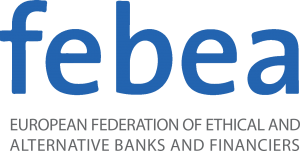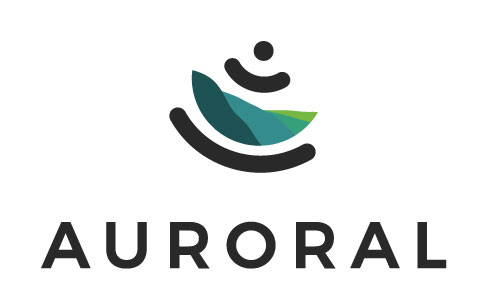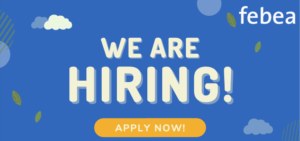Last Thursday, 29 June 2023 we held the webinar on Value Creation Framework to present the up to date contents created for the SE4Ces project in search of feedback from social economy practicioners. Here you can finde the documents used during the session.
User Guidelines - Description
The purpose of this framework is to allow its users to reflect on the value creation process in the Social Economy organisation they work for, one they are familiar with, or one they would like to start. It draws upon and seeks to integrate other very useful tools and frameworks, in particular the Common Good Matrix, the Social Business Model Canvas and the Doughnut Economic. Our proposed model guide users through four stages of value creation: define value proposition, design the organisational infrastructure that would facilitate the delivery of value, map the supportive ecosystem, and plan the implementation process. This framework can be used by practitioners, students and educators as a foundation for key follow up processes, for example, for doing social return on investment and for developing a workable strategy/action plan.
It can have multiple purposes depending on the context used.
Social Economy Practicioners
They can develop a value proposition, map internal and external assets and relations, reflect on existing practices and processes and set the foundation for a workable action plan/strategy to achieve their objectives. The model is designed to allow SE practitioners to identify opportunities as well as possible challenges and tensions that should be addressed (e.g. how certain activities conflict with core principles) and to develop a comprehensive strategy process in pursuit of achieving their set objectives. In addition , reflecting on existing practices and processes can also help SE practitioners reflect on how to improve organisational democracy and inclusion, increase participation in the decision-making process and develop more egalitarian and constructive methods to deal with conflict.
Students
They can familiarise themselves with the complexity of running a socially driven organisation, question the narrow economic-centric logic dominant in mainstream management, operations and strategy literature, and think creatively about how to run a business with a social and ethical compass. Mapping key stages of the value creation process will allow students to identify the main elements that go into value creation, the potential conflicts between certain social values and objectives, or between stakeholders, and the facets of the ecosystem that could support or hinder the realisation of their objectives. It can also be used as a foundation activity for other reflective exercises that could help students to think about issues such as that of decision-making processes and managing conflict.
Educators
They could point out key stages of value creation and assist their students to familiarise themselves with a range of important issues, challenges and opportunities across the process of value creation; it also offers an activity that balances theory and practice. As a framework, it provides great flexibility to educators and the opportunity to draw connection to other modules (e.g. Strategic Management, Social Entrepreneurship, Corporate Governance, Human Relations and Organisational Behaviour) across their respective programmes. It can be used as a one-off activity or a framework across a range of smaller weekly tasks. It can also be used as a stand-alone activity, or a starting point for a range of other, follow up, individual and group activities (e.g. reflect on democratic management, inclusivity and managing conflict). Finally, it can be used as a tool providing formative assessment to students through weekly tasks leading to a summative (individual or group) assessment.
About the SE4Ces project
Financed under Erasmus+, the project seeks to:
- Provide an overview of the current Social Economy education landscape and analyse the needs in training and skills in SE organisations.
- Pilot Social Economy Living Labs in 4 EU countries (Greece, Italy, Spain, the UK) – spaces for interaction, collaboration and knowledge co-creation connecting HEIs, students, organisations and communities.
- Bridge the gap in supply and demand of SE education and skills by building up an international Masters programme on Social Economy and Community Development Strategies.




